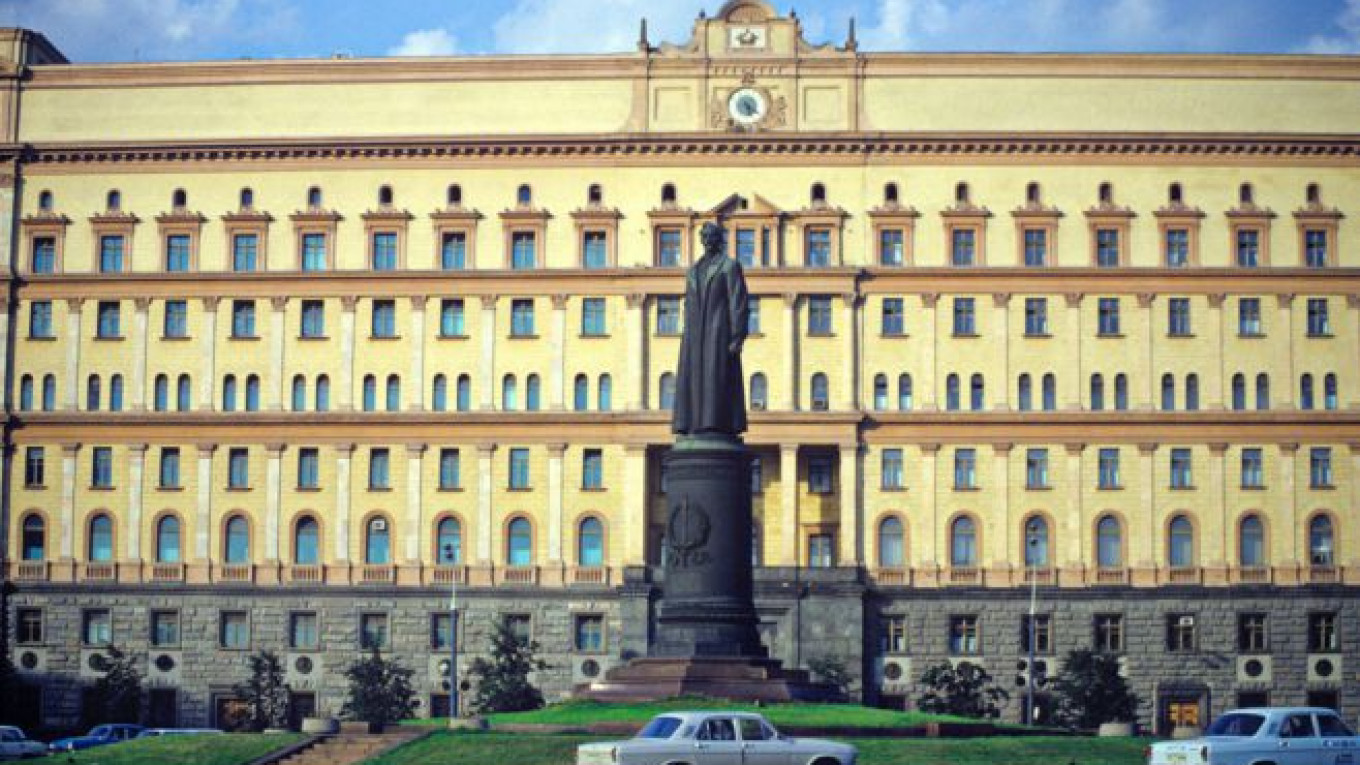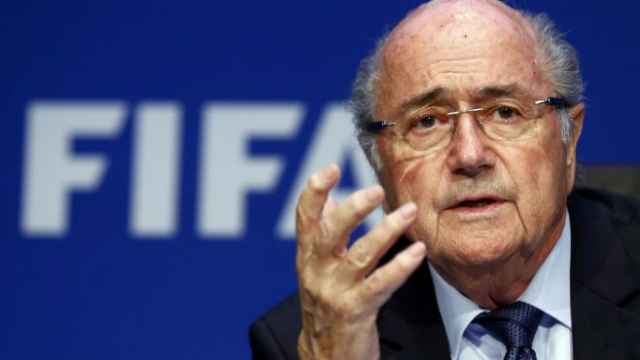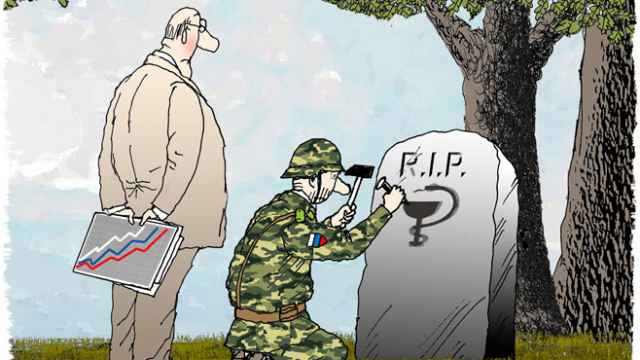The decision to hold a referendum on the restoration of the monument to Soviet secret police chief Felix Dzerzhinsky on Lubyanskaya Ploshchad in Moscow was probably made at the highest political level. The permission for such a plebiscite — the first in post-Soviet Moscow — is an act of symbolic politics meant to show that Russia's democratic institutions are functioning and that the authorities listen to the opinions of the opposition and society.
The possible return of "Iron Felix" to the pedestal from which it was first toppled in 1991 might demonstrate a final break with the events of that era.
If that monument is restored, it would be the logical continuation of the government's policy on history. President Vladimir Putin has constantly emphasized the need for Russians to take pride in their country's history and insists on creating a proper and "consistent" concept of the past.
At the Seliger forum in 2014 he said, "I believe that we should have a unified concept of history instruction, and textbooks are needed … we should have some sort of canonical version that talented instructors could use to convey their point of view to students."
Putin probably considers "inconsistency" in interpreting history as a problem because it opens the door to negative assessments of certain historical figures such as former Soviet leader Josef Stalin and Felix Dzerzhinsky.
During his live call-in show in 2009, Putin said "it is impossible to make an overall evaluation" of the Stalin period in that, on the one hand, Stalin industrialized the country but, on the other hand, committed mass violations of the law. In other words, all of the "heroes" or main figures of Russian history were at least partly in the right.
In his book "The Use and Abuse of History: Or How the Past is Taught to Children," French scholar Marc Ferro explains that the official version of history reveals what society thinks of itself and its changing moods. Russia's current policy with regard to history is designed to once again show that the country was ruled by wise leaders that led the country to military victories and economic success.
That is a sort of Russian take on the Chinese view of history where, according to former Chinese leaders Deng Xiaoping and Mao Zedong — even when the emperor committed grave errors, they were "70 percent right and only 30 percent wrong." (In fact, Mao once said that of Stalin.)
That interpretation of history makes it possible to forget or downplay the mistakes and outright crimes committed by the state and its functionaries — actions that cost millions of Soviet citizens their lives. It also enables today's leaders to avoid accountability for their own crimes if, in the end, they are always at least 70 percent right.
At the same time, the authorities can wage a monumental propaganda campaign capable of uniting historical extremes. Just a few kilometers from the Lubyanka is the Don cemetery that holds the remains of White Army generals Anton Denikin and Vladimir Kappel who struggled against the Soviet government.
The same cemetery contains the grave of philosopher Ivan Ilyin — the return of whose ashes Putin personally helped make possible. Even closer to Iron Felix, on Ulitsa Sretenka, the authorities might erect a monument to the victims of political repression. Apparently, all of this signifies the search for harmony.
Pavel Aptekar is a historian and commentator for Vedomosti. This comment originally appeared in Vedomosti.
A Message from The Moscow Times:
Dear readers,
We are facing unprecedented challenges. Russia's Prosecutor General's Office has designated The Moscow Times as an "undesirable" organization, criminalizing our work and putting our staff at risk of prosecution. This follows our earlier unjust labeling as a "foreign agent."
These actions are direct attempts to silence independent journalism in Russia. The authorities claim our work "discredits the decisions of the Russian leadership." We see things differently: we strive to provide accurate, unbiased reporting on Russia.
We, the journalists of The Moscow Times, refuse to be silenced. But to continue our work, we need your help.
Your support, no matter how small, makes a world of difference. If you can, please support us monthly starting from just $2. It's quick to set up, and every contribution makes a significant impact.
By supporting The Moscow Times, you're defending open, independent journalism in the face of repression. Thank you for standing with us.
Remind me later.







